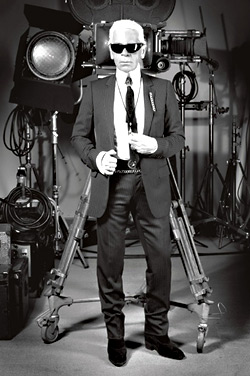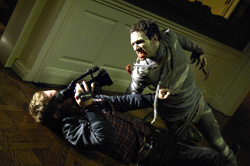You come away from Chop Shop with a mood, the voluptuous sum of its fine-tuned parts: the way a rundown patch of Queens is always flooded with mud; hot dogs smoking from a sidewalk barbecue; the muffled, incantatory chant of “LET’S GO, METS!” that spills out into the parking lot of Shea Stadium, where a 12-year-old boy, dodging the eye of security, pries off hubcaps with a screwdriver. His name is Alejandro (Alejandro Polanco), and he steals to keep food on the table and his sister (Isamar Gonzales) away from truckers and their $40 tricks. They’re streetwise orphans, squeaking by on Ale’s meager odd jobs and his dream of independence, as ill-advised as it is poignant, in the form of a rusty old brokedown van that he yearns to one day rehabilitate into his very own bright and shiny tacomobile. All this is imagined by Ramin Bahrani, the acclaimed writer-director of Man Push Cart (2005), though Chop Shop derives much of its value from the sense of being found, not made. All due props to Ale and Isa, wonderfully authentic and nicely harmonized, but the most engrossing character here is Willets Point, an industrial stretch of unpaved urban flotsam—and “another euphemism for urban blight” per Mayor Bloomberg, gentrification glinting in his eye.
Chop Shop: Neorealism in New York








